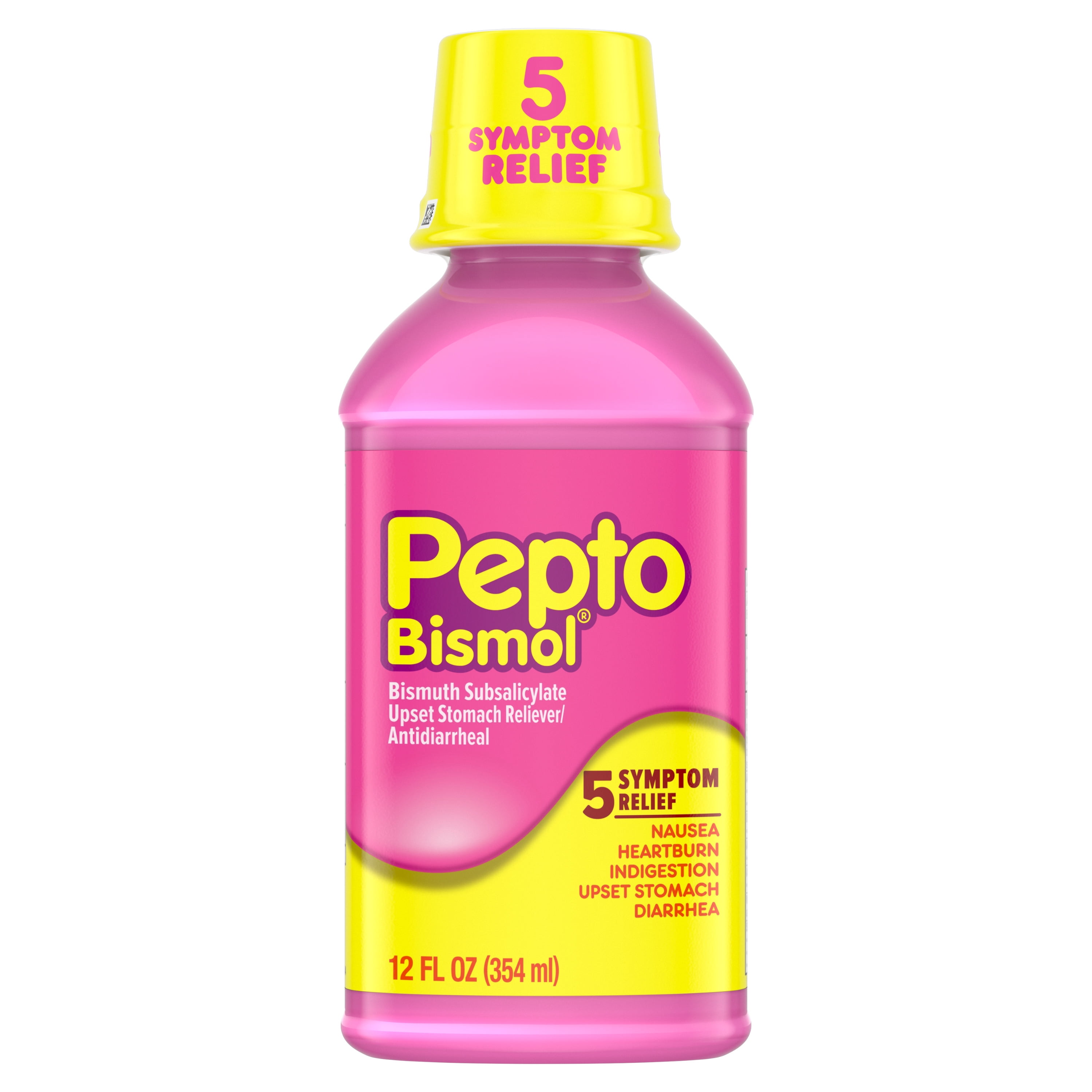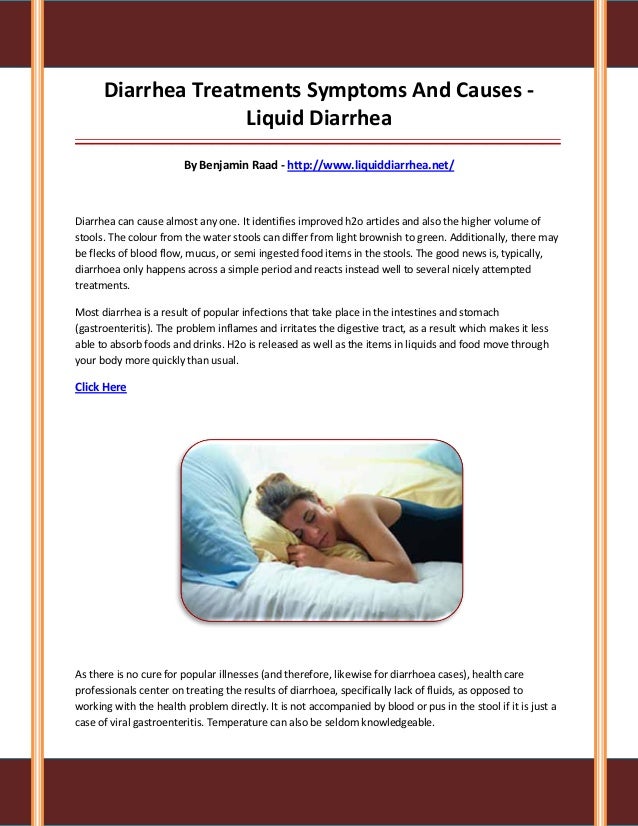

He or she can also treat some problems that may be found.

This tube lets your healthcare provider see the lining of your colon and take out a tissue sample (biopsy) to test it. A long, flexible, lighted tube (colonoscope) is put into your rectum up into the colon. It can help check for any abnormal growths, tissue that is red or swollen, sores (ulcers), or bleeding.
Liquid diarrhea full#
This test looks at the full length of your large intestine. This tube blows air into your intestine to make it swell. A short, flexible, lighted tube (sigmoidoscope) is put into your intestine through the rectum. It helps to tell what is causing diarrhea. This test lets your healthcare provider check the inside of part of your large intestine. To do this, a small stool sample is taken and sent to a lab. This test checks for any abnormal bacteria in your digestive tract that may cause diarrhea and other problems. Stool studies including culture and other tests.You may also have lab tests to check your blood and urine. To see if you have diarrhea, your healthcare provider will give you a physical exam and ask about your past health. Be sure to tell the doctor about any bleeding, fever, or vomiting. Sunken fontanelle (soft spot) on baby's headĭiarrhea symptoms may look like other health problems.Feeling that you may pass out or faint (lightheaded).
Liquid diarrhea skin#
Having dry skin as well as a dry mouth and nostrils (mucous membranes).Leaking stool and not being able to control your bowels (incontinence)ĭehydration is a serious side effect of diarrhea.What are the symptoms of diarrhea?Įach person’s symptoms may vary. It may be hard to find out what is causing your diarrhea. See your healthcare provider if your symptoms don’t go away or if they keep you from doing your daily activities. Severe diarrhea may mean you have a serious disease. This happens when you have food or water that is not safe because of bacteria, parasites, and even food poisoning. Other less common reasons such as damage from radiation treatments or tumors that make too many hormones.Metabolic conditions such as thyroid problems.A result of surgery on the stomach or gall bladder.A problem with how your stomach and bowels work (functional bowel disorder), such as irritable bowel syndrome.


This may be caused by another health problem such as irritable bowel syndrome. Or it may happen if you get sick from a virus. This may be caused by having food or water that was made unsafe by a bacterial infection. Diarrhea that lasts 1 or 2 days and goes away. If diarrhea lasts more than 2 days it may mean you have a more serious problem. It may last 1 or 2 days and goes away on its own. You may also need to go to the bathroom more often.ĭiarrhea is a common problem. Diarrhea is when your stools are loose and watery.


 0 kommentar(er)
0 kommentar(er)
